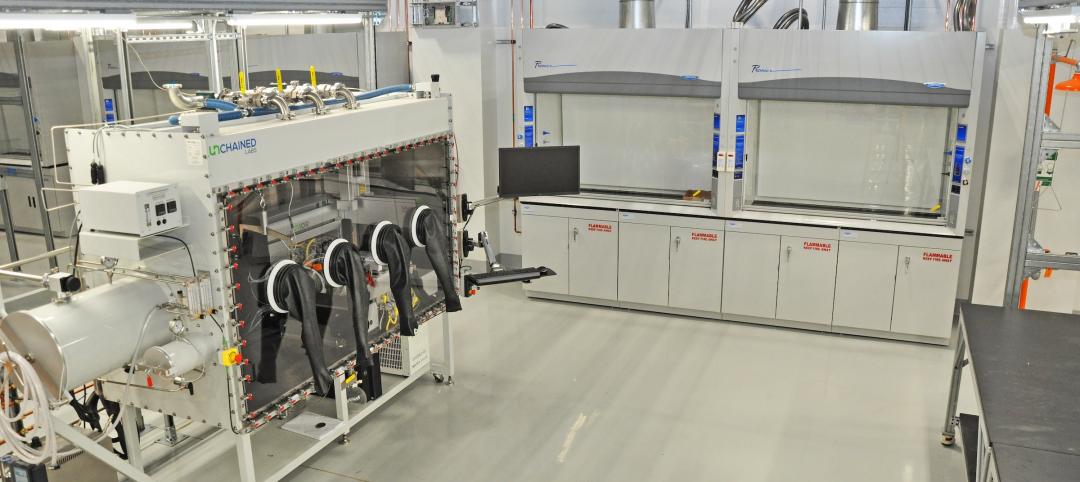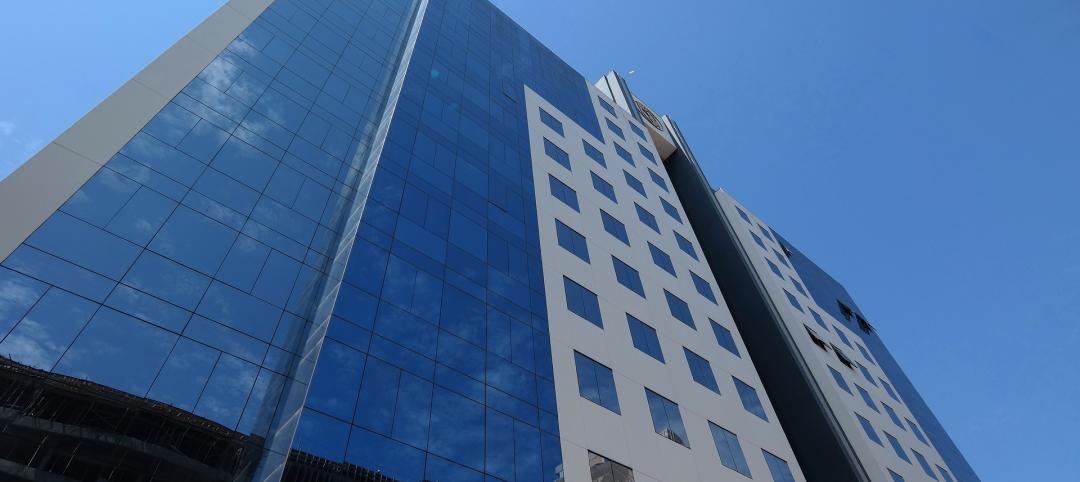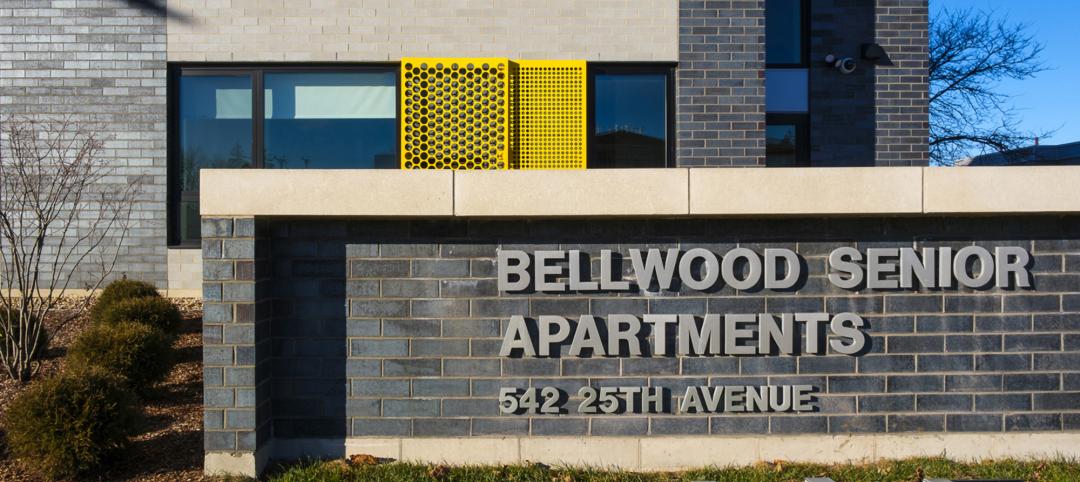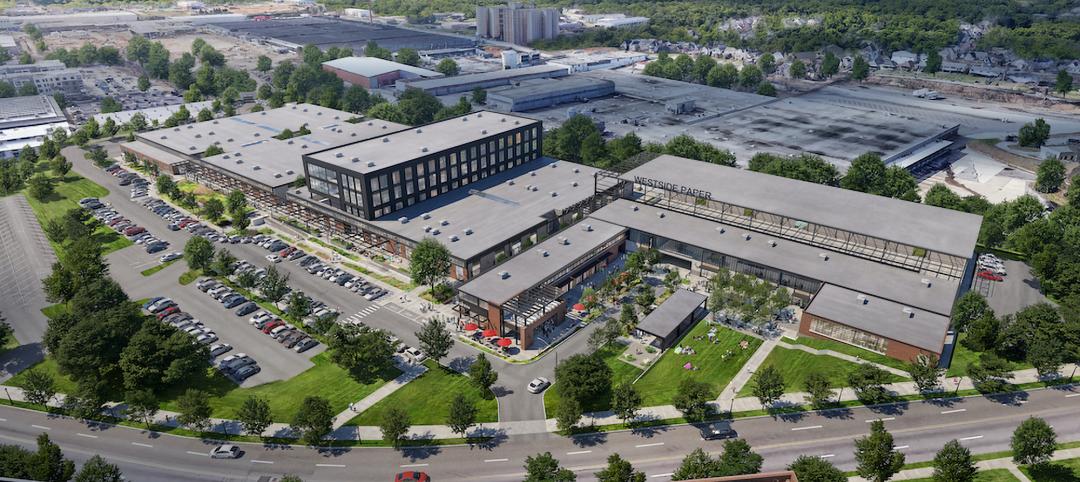This year, a record-breaking number of office-to-residential conversions are scheduled for redevelopment. The latest RentCafe annual Adaptive Reuse report shows that there are 55,300 units in the pipeline as of 2024—four times as much compared to 2021.
Office building conversions represent 38% of the 147,000 residential adaptive reuse projects. This makes up the largest share with hotel-to-res following at 24 percent, factory conversions at 13 percent, and healthcare buildings at 6 percent.
The office buildings being picked for conversion are, on average, 72 years old (20 years younger than many of the ones previously converted). This suggests a preference for newer buildings that require less refurbishment and investment to meet modern standards.
Where are the most office-to-res conversions taking place? According to the report, Washington, D.C., is the leading metropolitan area with 5,820 units slated for conversion starting this year. New York, N.Y., follows closely behind at 5,215 units, and Dallas, Texas, takes third place with 3,163 units.
The top 10 metros for office-to-res conversions in 2024
1. Washington, D.C.
5,820 units under conversion for office-to-residential (year-over-year increase of 88%).
2. New York, N.Y.
5,215 units under conversion for office-to-residential (year-over-year increase of 18%).
3. Dallas, Texas
3,163 units under conversion for office-to-residential (year-over-year increase of 58%).
4. Chicago, Ill.
2,822 units under conversion for office-to-residential (year-over-year increase of -9%).
5. Los Angeles, Calif.
2,442 units under conversion for office-to-residential (year-over-year increase of 6%).
6. Cleveland, Ohio
2,012 units under conversion for office-to-residential (year-over-year increase of -10%).
7. Cincinnati, Ohio
1,563 units under conversion for office-to-residential (year-over-year increase of -6%).
8. Kansas City, Mo.
1,510 units under conversion for office-to-residential (year-over-year increase of 84%).
9. Atlanta, Ga.
1,422 units under conversion for office-to-residential (year-over-year increase of 40%).
10. Phoenix, Ariz.
1,377 units under conversion for office-to-residential (year-over-year increase of 114%).
Related Stories
Adaptive Reuse | Mar 26, 2024
Adaptive Reuse Scorecard released to help developers assess project viability
Lamar Johnson Collaborative announced the debut of the firm’s Adaptive Reuse Scorecard, a proprietary methodology to quickly analyze the viability of converting buildings to other uses.
Adaptive Reuse | Mar 21, 2024
Massachusetts launches program to spur office-to-residential conversions statewide
Massachusetts Gov. Maura Healey recently launched a program to help cities across the state identify underused office buildings that are best suited for residential conversions.
Adaptive Reuse | Mar 15, 2024
San Francisco voters approve tax break for office-to-residential conversions
San Francisco voters recently approved a ballot measure to offer tax breaks to developers who convert commercial buildings to residential use. The tax break applies to conversions of up to 5 million sf of commercial space through 2030.
Sustainability | Mar 13, 2024
Trends to watch shaping the future of ESG
Gensler’s Climate Action & Sustainability Services Leaders Anthony Brower, Juliette Morgan, and Kirsten Ritchie discuss trends shaping the future of environmental, social, and governance (ESG).
Adaptive Reuse | Mar 7, 2024
3 key considerations when converting a warehouse to a laboratory
Does your warehouse facility fit the profile for a successful laboratory conversion that can demand higher rents and lower vacancy rates? Here are three important considerations to factor before proceeding.
Urban Planning | Feb 5, 2024
Lessons learned from 70 years of building cities
As Sasaki looks back on 70 years of practice, we’re also looking to the future of cities. While we can’t predict what will be, we do know the needs of cities are as diverse as their scale, climate, economy, governance, and culture.
Adaptive Reuse | Feb 4, 2024
Corporate modernist buildings increasingly popular fodder for adaptive reuse projects
Beginning in the 1970s adaptive reuse projects transformed 19th and early 20th Century buildings into distinctive retail destinations. Increasingly, developers of adaptive reuse projects are targeting outmoded corporate buildings of the 1950s to 1980s.
Luxury Residential | Jan 30, 2024
Lumen Fox Valley mall-to-apartments conversion completes interiors
Architecture and interior design firm Morgante Wilson Architects (MWA) today released photos of its completed interiors work at Lumen Fox Valley, a 304-unit luxury rental community and mall-to-apartments conversion.
Senior Living Design | Jan 24, 2024
Former Walgreens becomes affordable senior living community
Evergreen Real Estate Group has announced the completion of Bellwood Senior Apartments. The 80-unit senior living community at 542 25th Ave. in Bellwood, Ill., provides independent living options for low-income seniors.
Adaptive Reuse | Jan 18, 2024
Coca-Cola packaging warehouse transformed into mixed-use complex
The 250,000-sf structure is located along a now defunct railroad line that forms the footprint for the city’s multi-phase Beltline pedestrian/bike path that will eventually loop around the city.


















